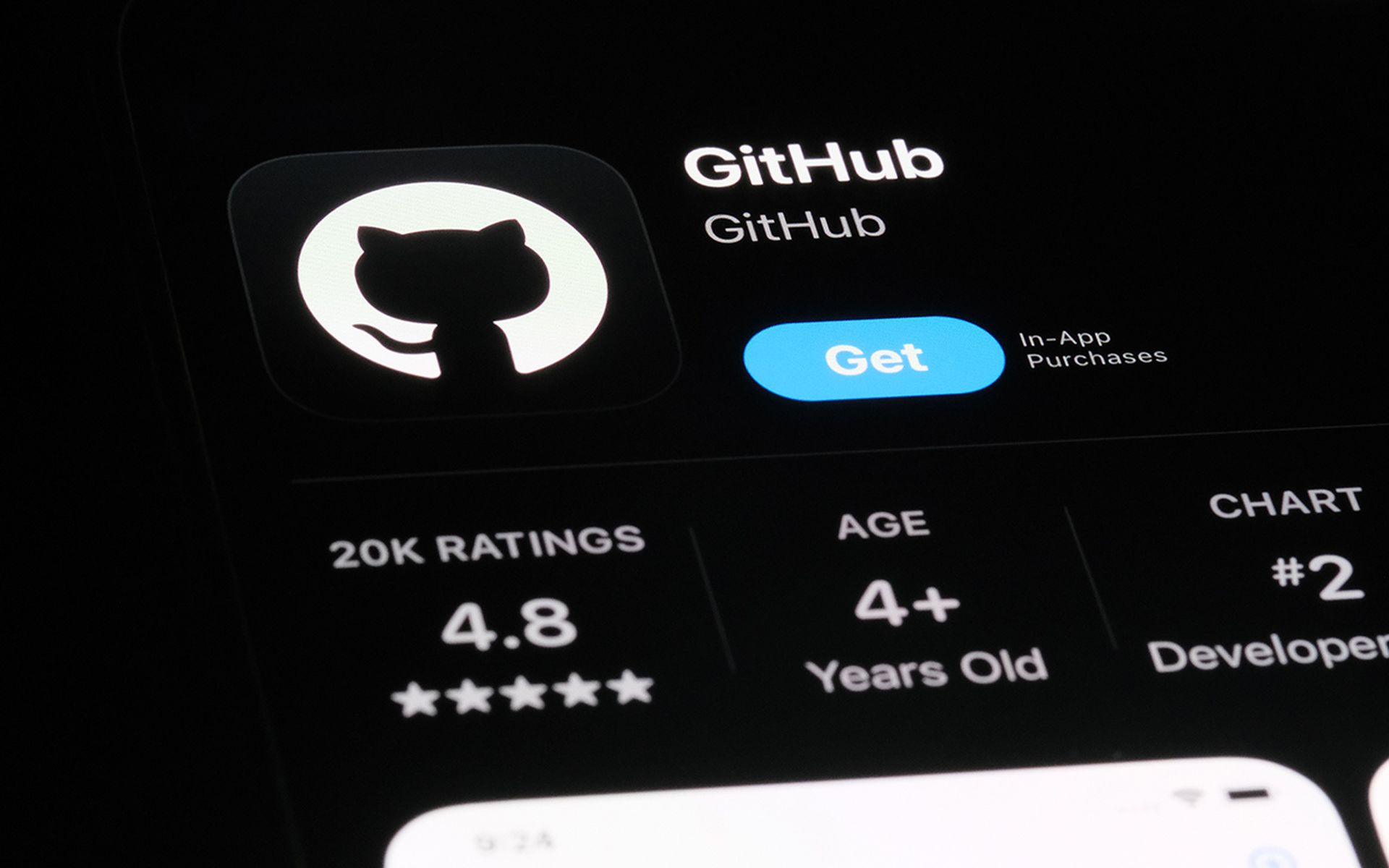Facebook yesterday excised from its platform hundreds of inauthentic pages, groups and accounts that were created by actors in Iraq and Ukraine.
The social media giant removed 76 accounts, 120 Facebook pages, one group, two events and seven Instagram accounts linked to the Iraq-based campaign, and it expelled 168 accounts, 149 Facebook pages and 79 groups related to misleading Ukraine-based behavior. The Iraqi activity does not appear in any way associated with the Ukrainian campaign.
Facebook said the actors behind the coordinated Iraqi campaign created fake accounts accounts to amplify content and manage pages related to a variety of domestic topics including religion, Saddam Hussein, Iran, U.S. military involvement in Iraq and Kurdish-Iraqi politics. "They... impersonated other people and used their IDs to conceal their identity and attempt to avoid detection and removal," reported Nathaniel Gleicher, Facebook's head of cybersecurity policy, in a company announcement yesterday.
"To those who say that Iraq is the aggressor against Iran, here is a summary. Please engage with this post in all the groups," read one sample page title, which tried to persuade readers to review additional content titled "Reasons that led us to be at war with evil Iran."
The campaign's fake pages, which at times merged with one another and changed names, racked up fewer than 1.6 million followers, Gleicher added.
Meanwhile, the actors behind the Ukraine campaign used fake accounts to manage groups and pages, spread content and increase engagement, and "drive people to off-platform sites posing as news outlets," Gleicher continued. Topics on these fake pages included show business and celebrities, sports, news, the economy, and political issues including Ukrainian elections and political candidates.
Even though actor reportedly attempted to conceal its identity, Facebook said it identified the culprit as Ukrainian PR firm Pragmatico.
One of the fake account's posts referred to former Ukrainian presidents Petro Poroshenko and Viktor Yanukovych. "Poroshenko's minions were egged, even Yanukovich [sic] got better treatment: embarrassing video," it said.
"Facebook's action of suspending the accounts is a step in the right direction. I'm glad to see that they are working on cleaning up the environment," said Chris Roberts, chief security strategist at Attivo Networks, in emailed comments. "It would be worth seeing how much domestic (U.S. and European) clean-up they can do as well. There is a lot of focus on targets that are outside of the U.S. influencing the U.S. I would like to see some internal focus."
"So, how can social media can mitigate such coordinated inauthentic behavior? As the learning mechanisms evolve, as the understanding of human behaviors, adversarial patterns, tactics and approaches evolve, so too should the technology that is being used to track them," Roberts continued. "This whole thing is a game of chess and we, the defensive teams responsible for ensuring the integrity of data, need to be able to draw level with what the adversaries are doing."


